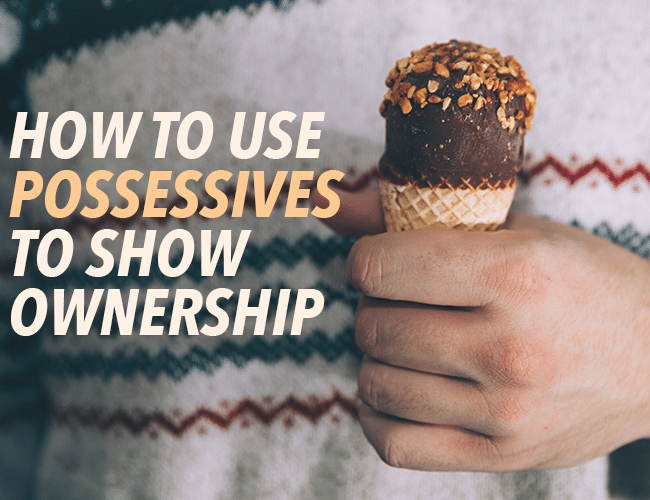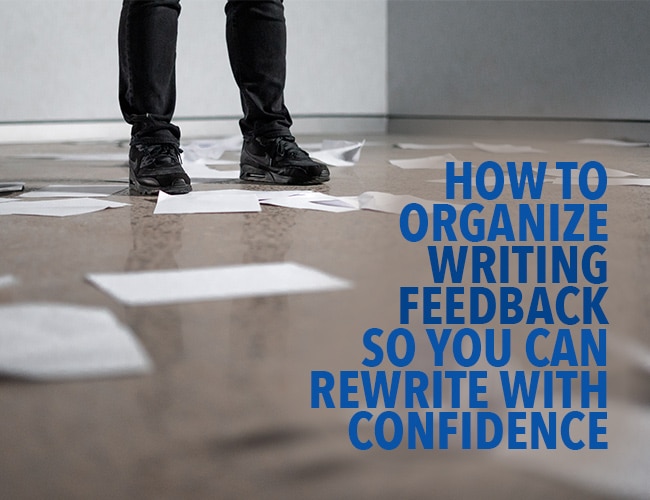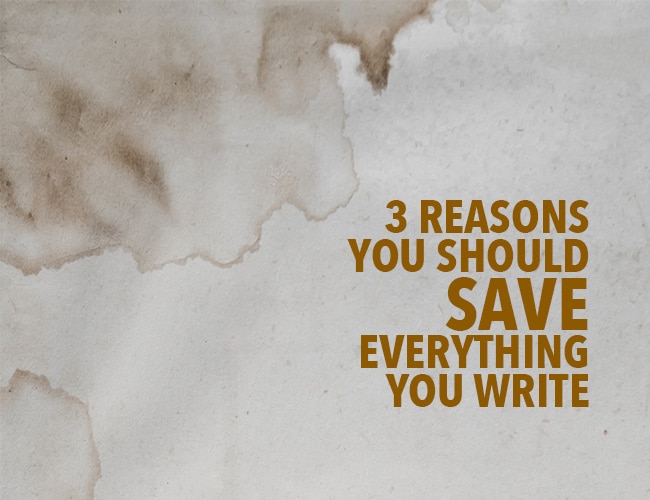
by Joslyn Chase |
Consider this: as writers, we employ words.
We harness their power and send them out to do a job. So, just like any productive employer, we must choose our operatives effectively and manage them well.
In this article, we’ll take a look at some of the ways words can fail and how to avoid that.

by Liz Bureman |
Possessives are a funny thing. When used correctly, they add much-needed clarity to our sentences. But they seem to confound our apostrophe rules.
Let’s sort out this grammar conundrum, shall we? With these rules mastered, you’ll clear up your readers’ confusion and use possessives like a pro.

by Kellie McGann |
I see this in comments on The Write Practice all the time. “I want to be a writer, but I know nothing about grammar.” I don’t have a degree in English or Journalism, either.
I am, though, a writer. For those of you who have decided you are a writer too, you don’t need a degree in English or be an expert in grammar. There are a few grammar hacks I’ve learned that have helped me.

by David Safford |
If you’re a writer, you’ve probably received feedback. While some writing feedback is easily processed (like quick compliments), the best feedback takes time and energy to deal with. Receiving a flood of critiques can feel good at first. But after reading a deluge of opinions and observations and judgments, it can get really overwhelming.
Here’s how to organize the feedback you receive so you can approach the next draft with confidence!

by The Magic Violinist |
We’ve all been in this situation: you write a first draft, or the beginning of one, and it seems like nothing is going well. All you want to do is give up and throw everything away. It can be extremely tempting, and while it’s okay to give up on projects sometimes, you should never throw anything away.

by David Safford |
Point of view is the vehicle that drives a story. Get it right, and your novel hums along smoothly and your reader never notices.
Get it wrong, however, and your book becomes an unbearable clunker rife with confusion.
Shawn Coyne, author of The Story Grid, has read a lot of critically acclaimed and successful books, and noticed something about their point of view. All of these books used a specific style of narration, and you can use it too.








